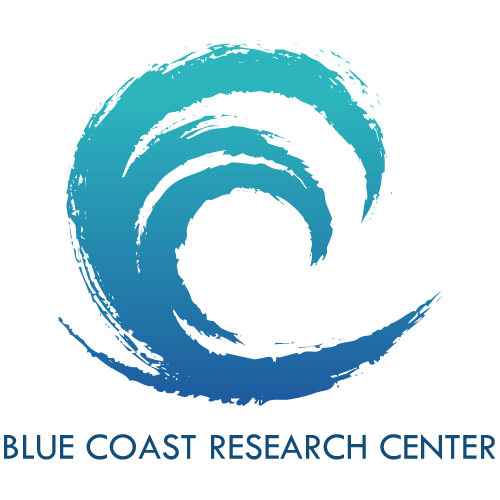tendonitis after covid vaccine
In most individuals, the symptoms slowly decrease over time.
How Do The Jurors Perceive Odell Hallmon,
Michael Woods Homes For Rent,
Wgn Radio Personalities Pictures,
Articles T
In most individuals, the symptoms slowly decrease over time.
How Do The Jurors Perceive Odell Hallmon,
Michael Woods Homes For Rent,
Wgn Radio Personalities Pictures,
Articles T
